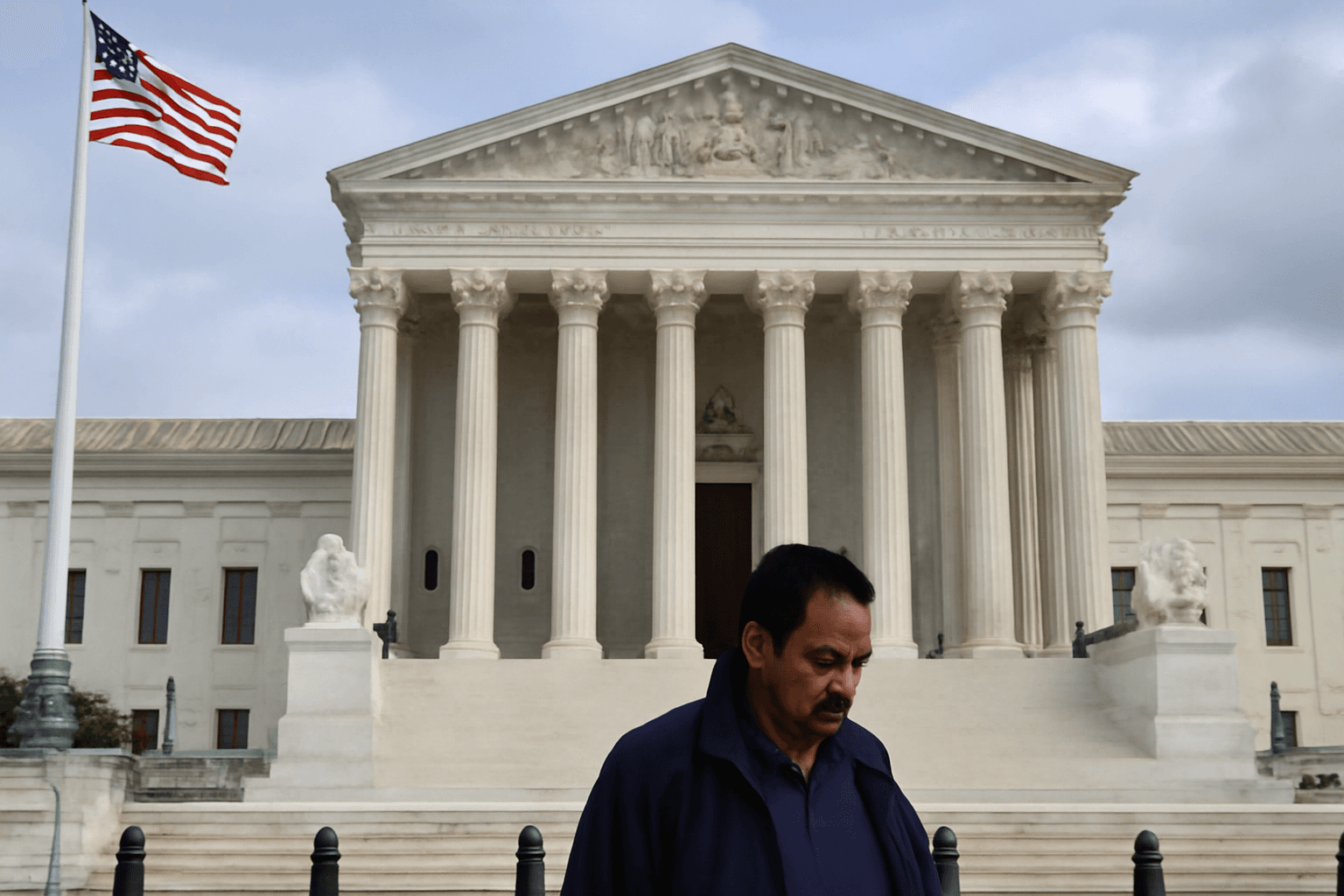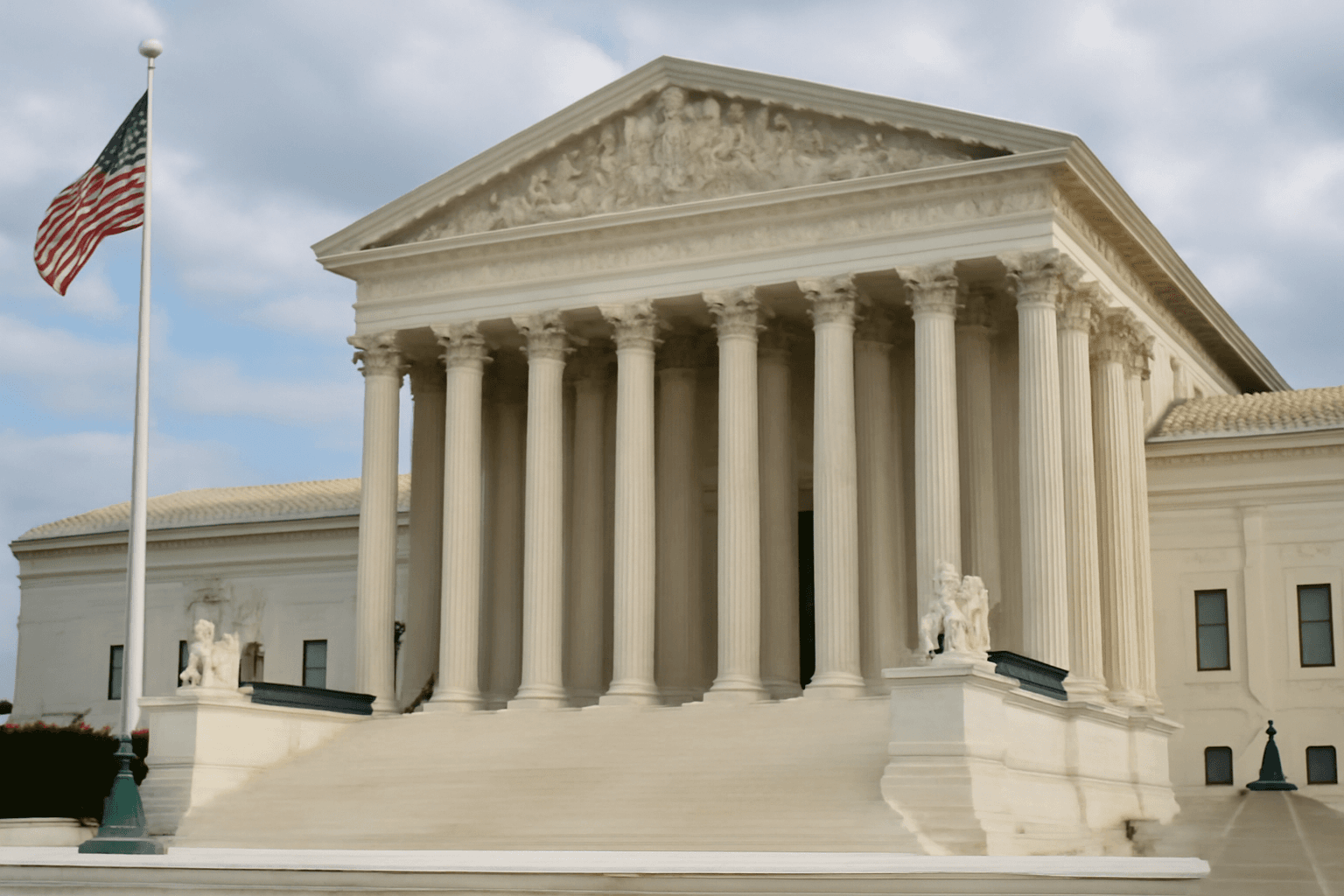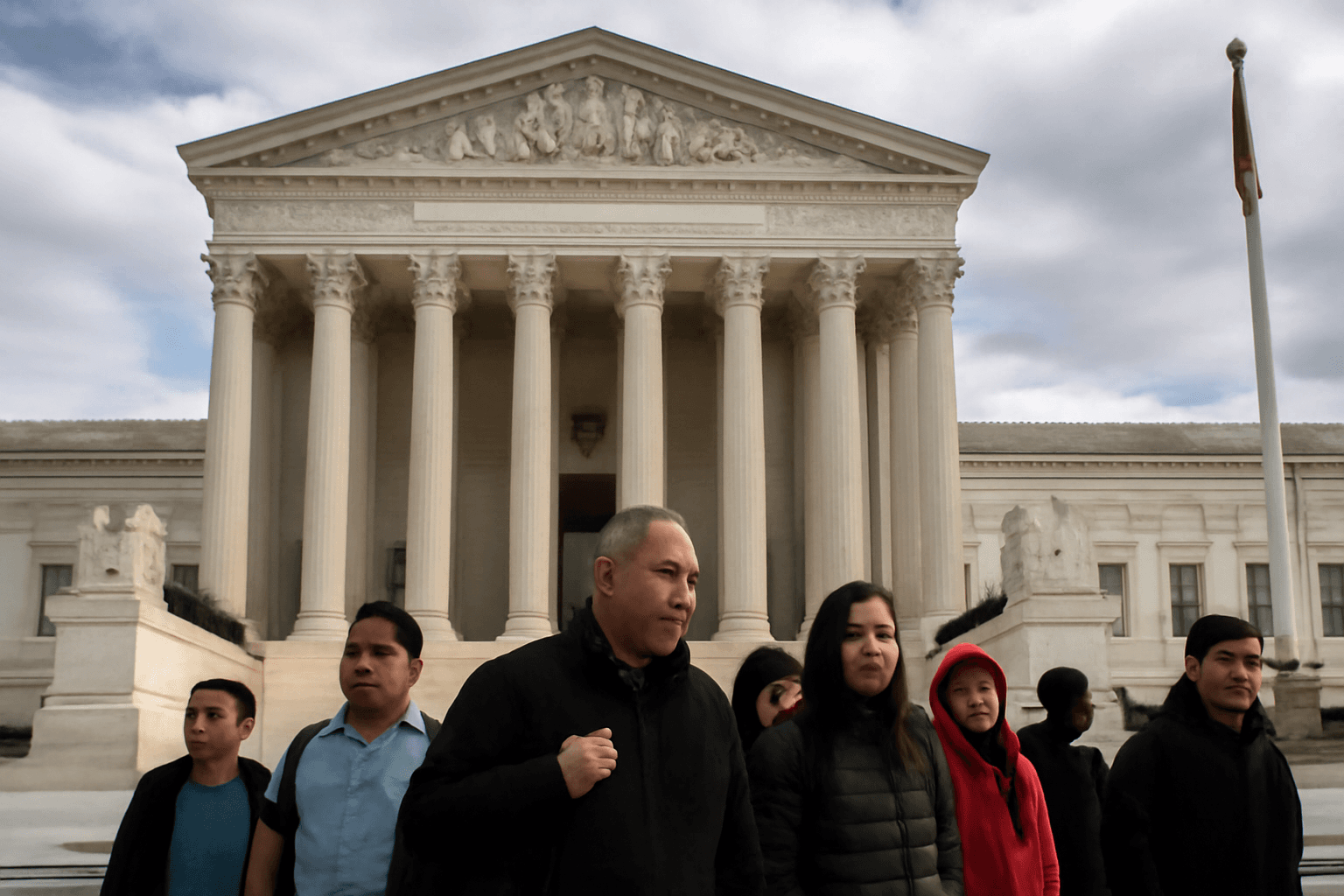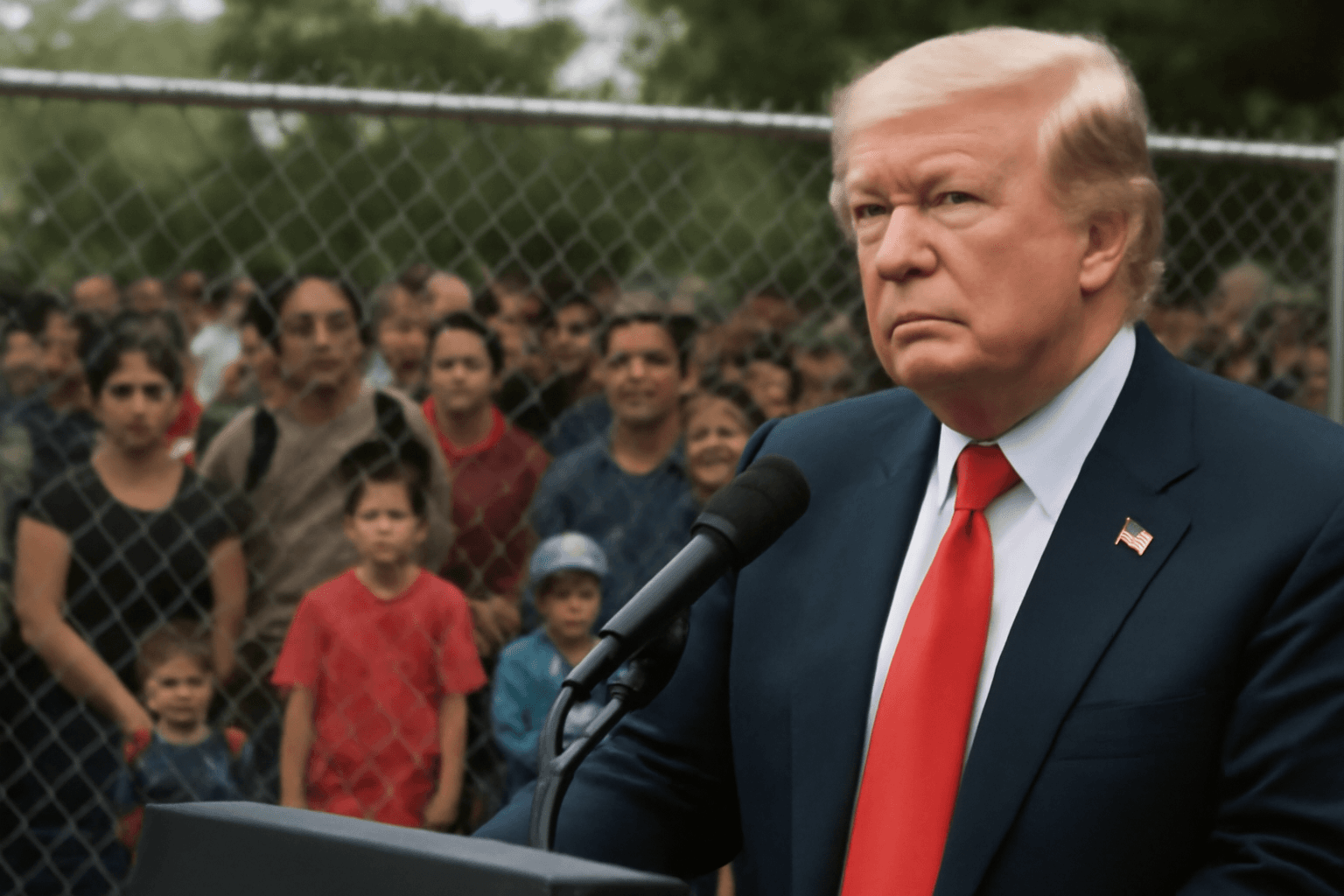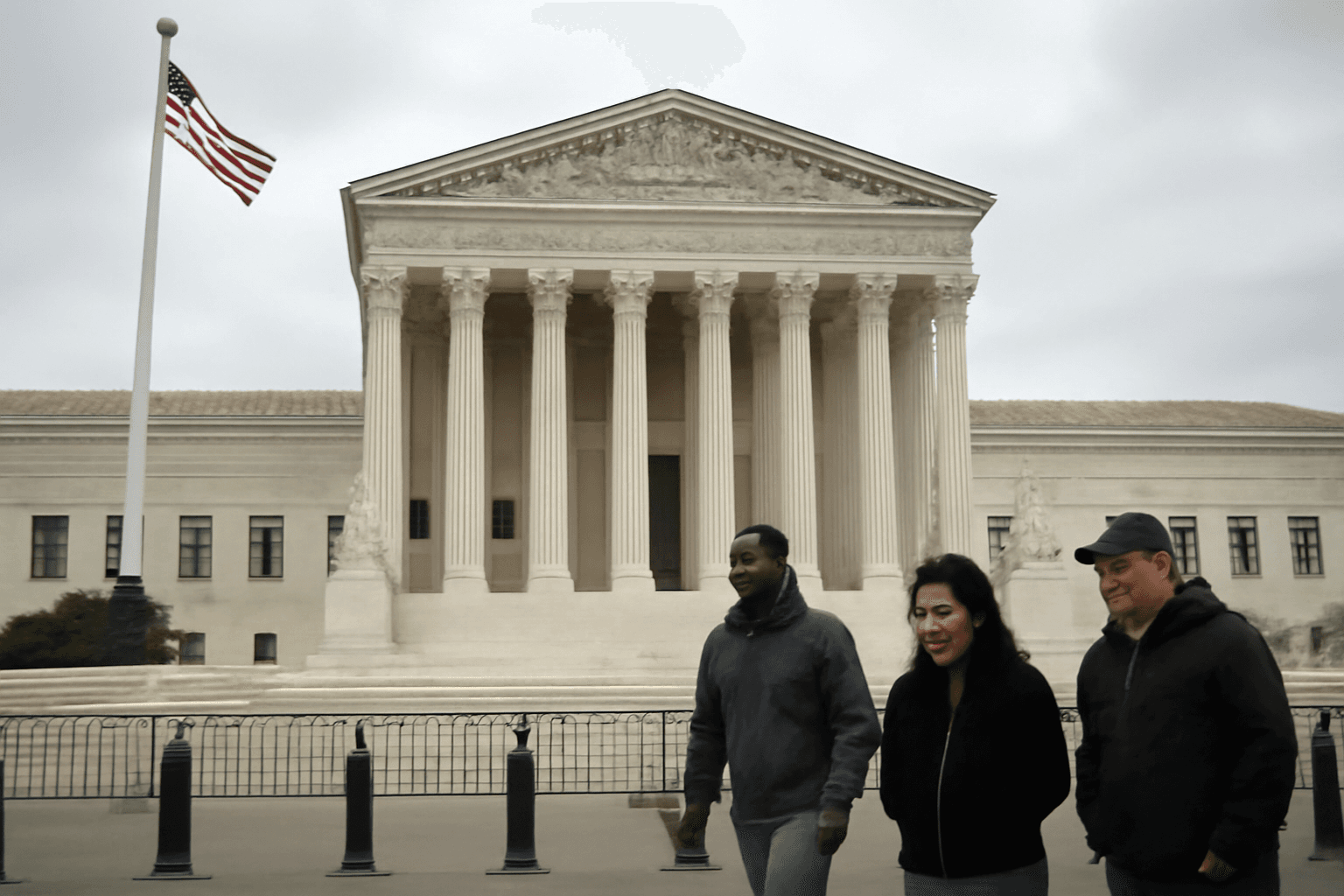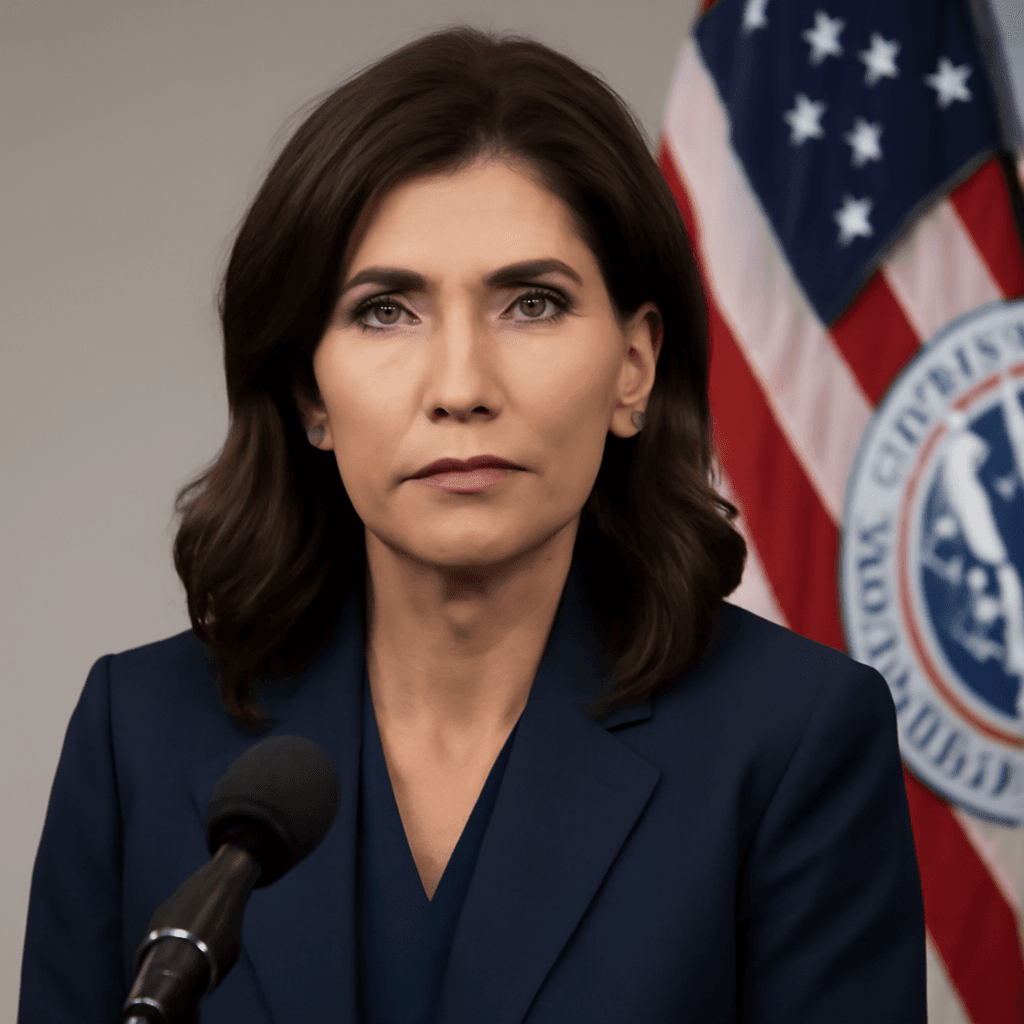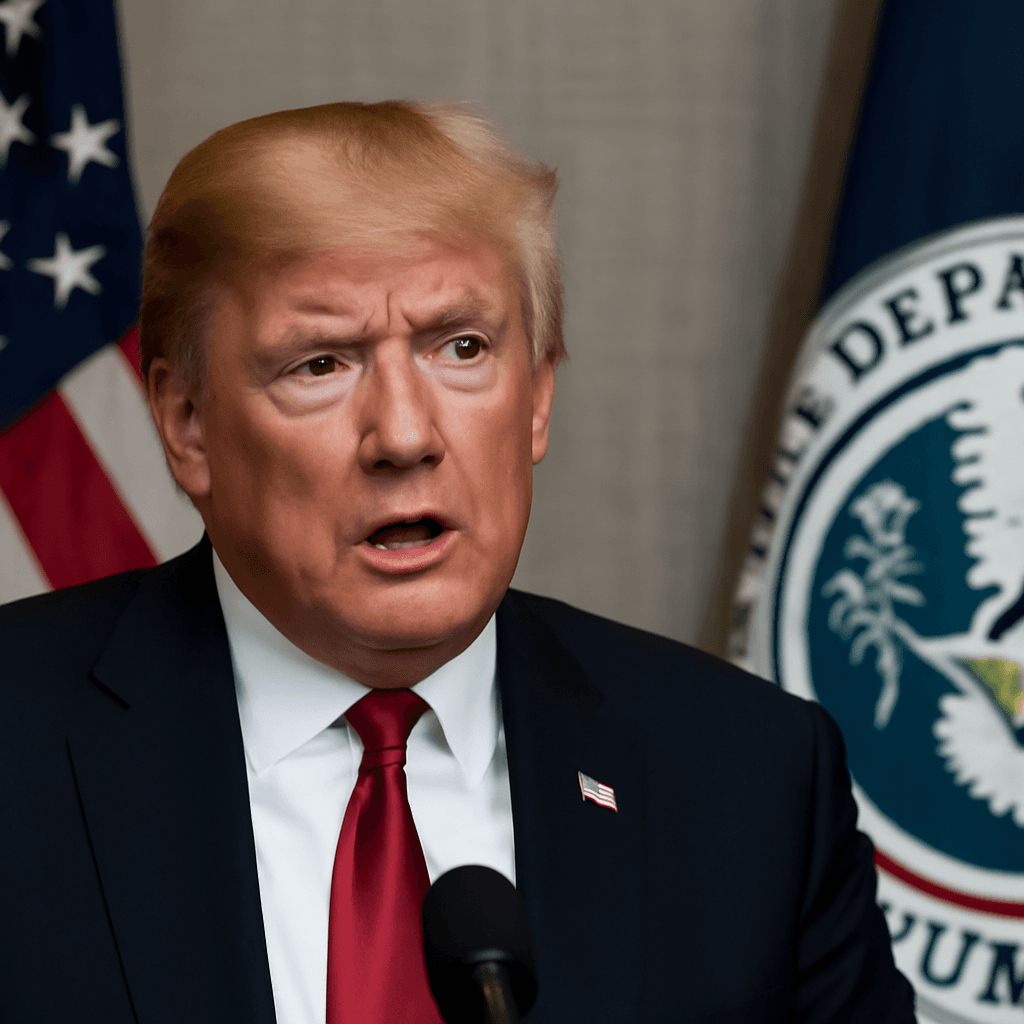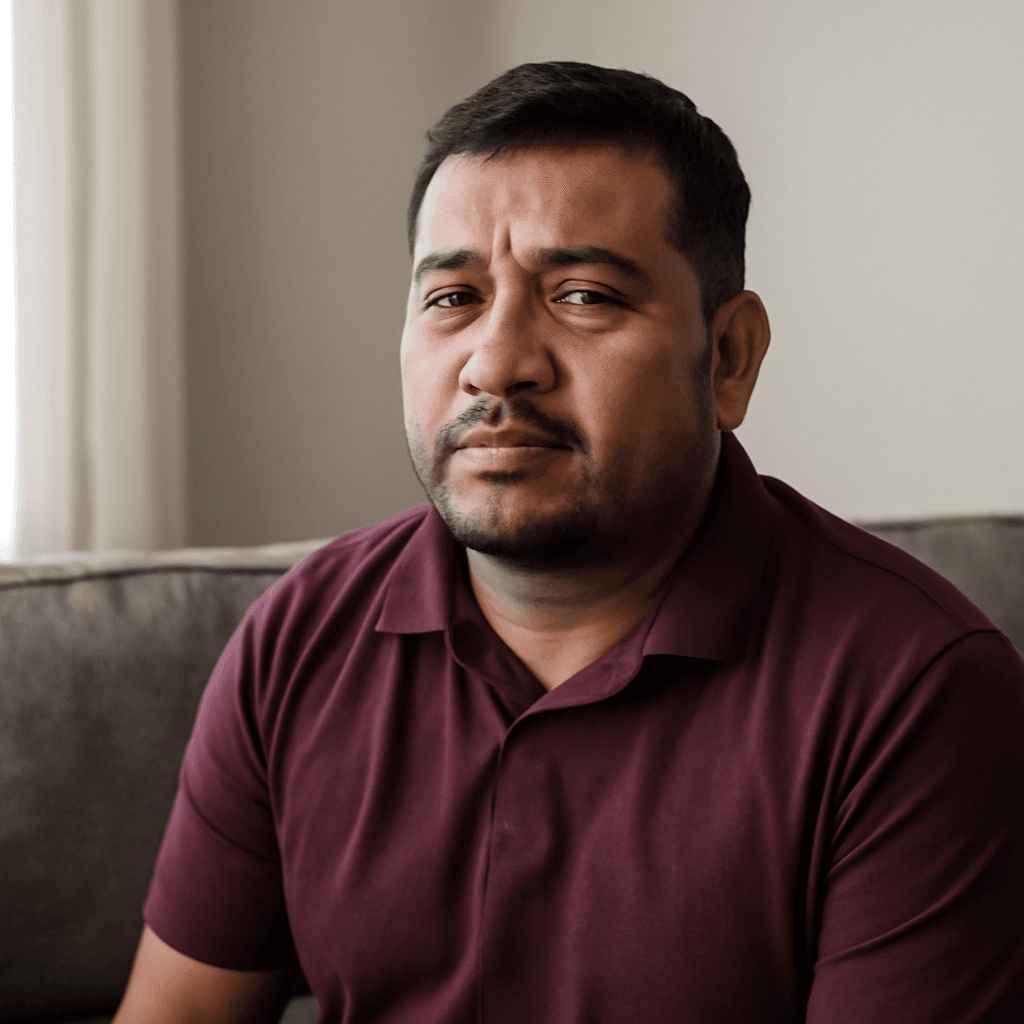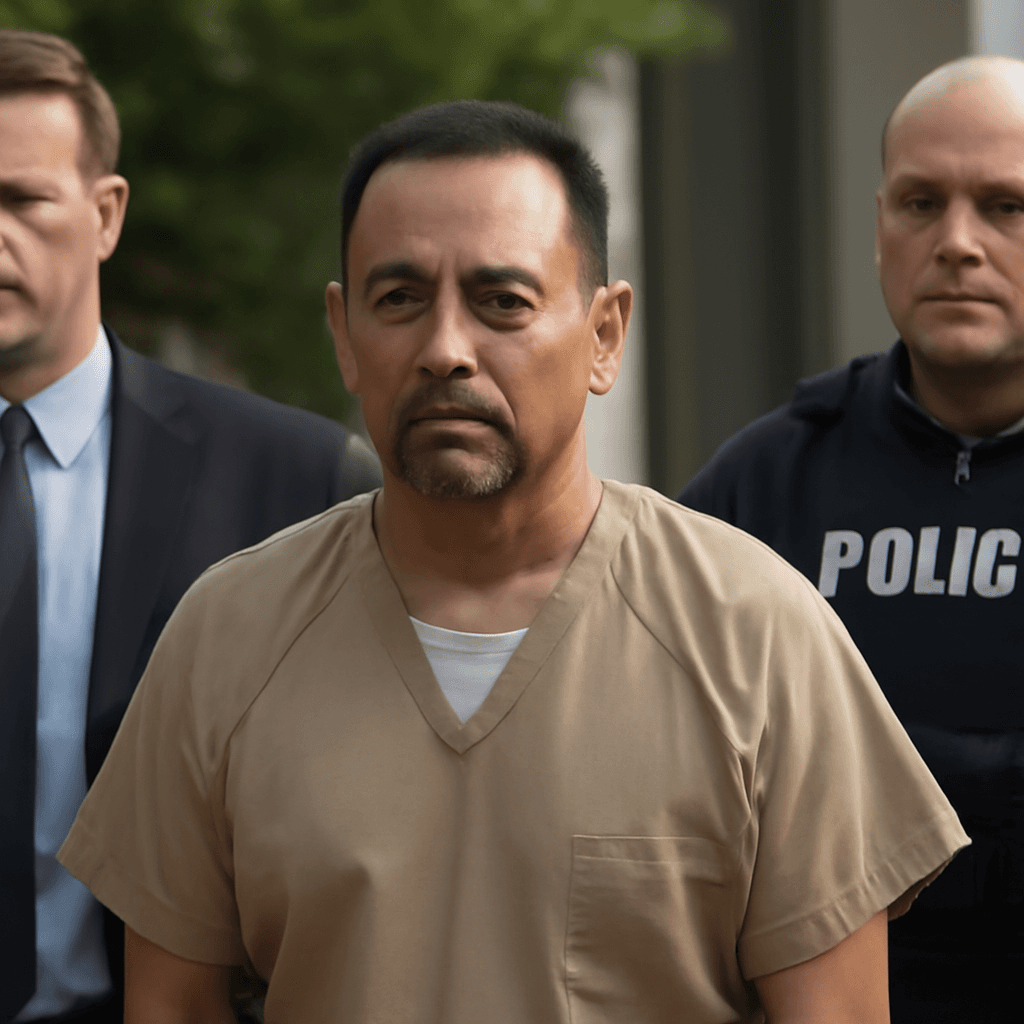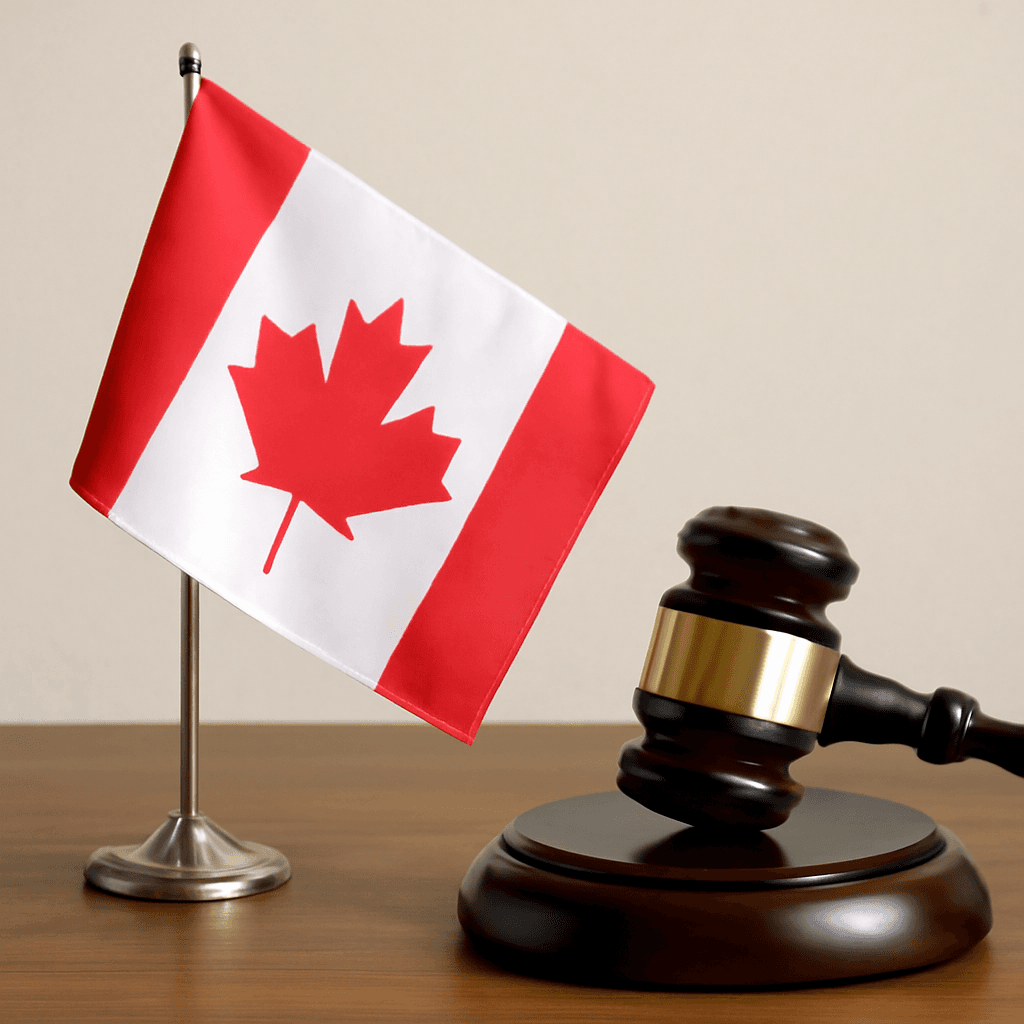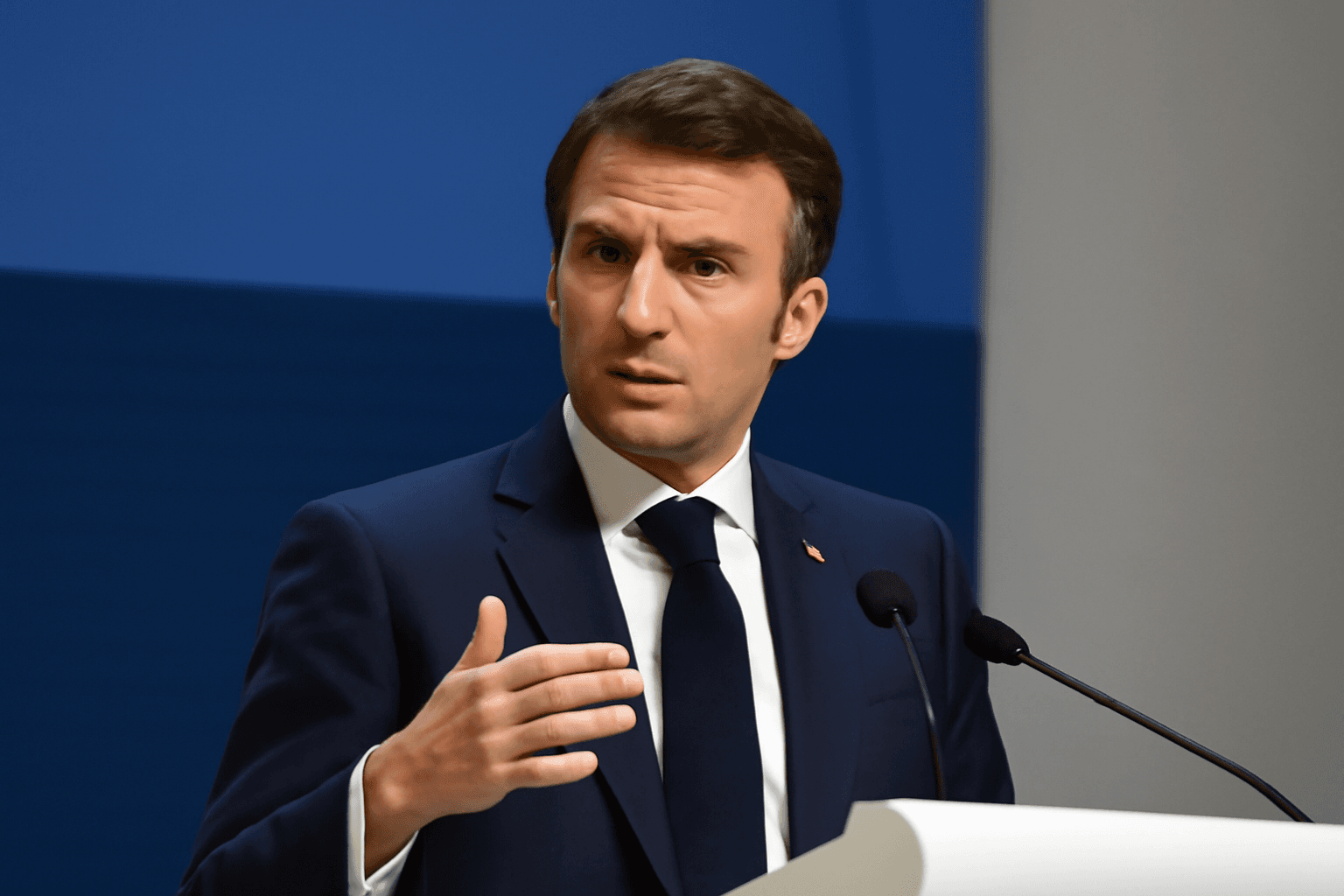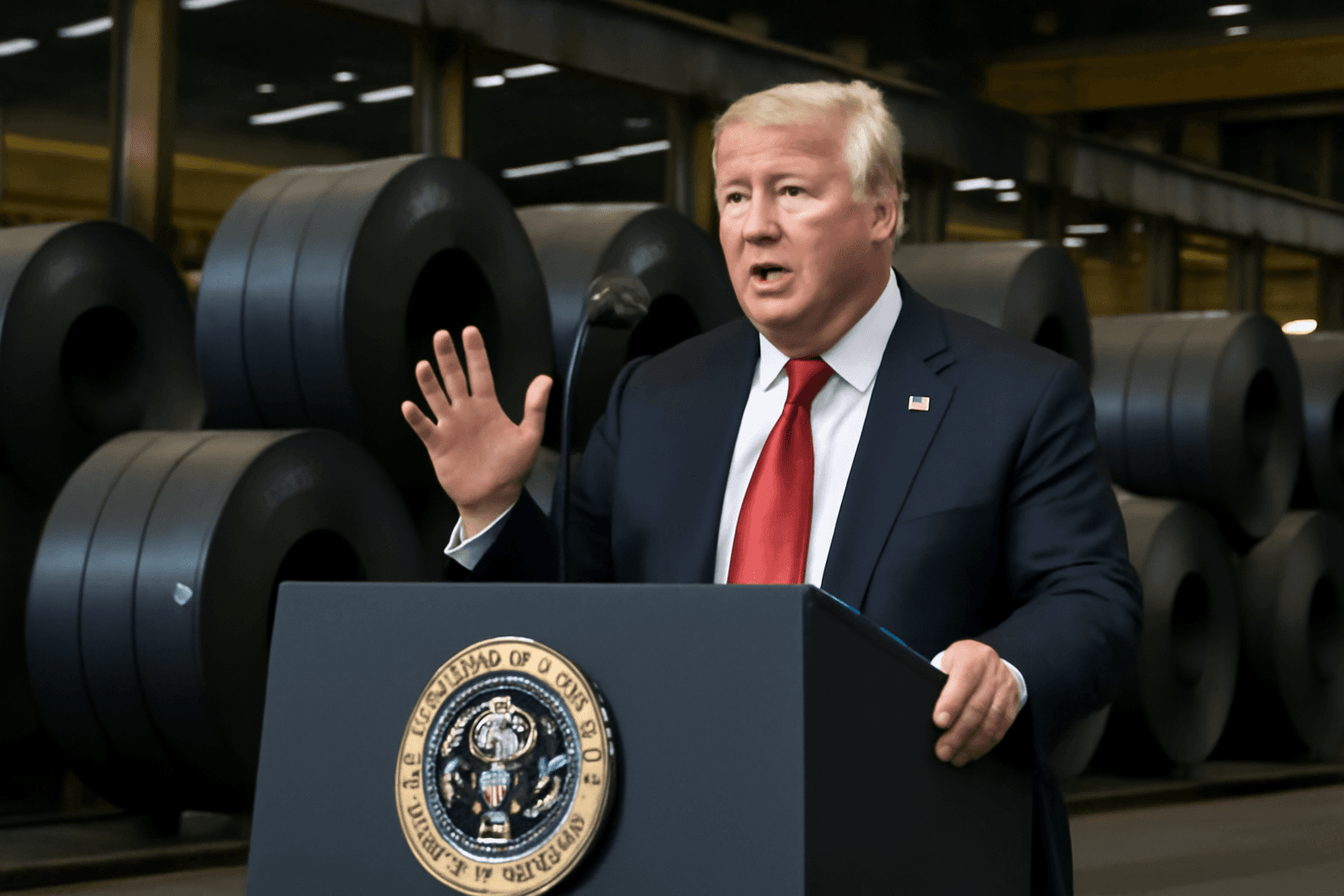The US Supreme Court has granted the Trump administration the authority to revoke the legal status of approximately 532,000 immigrants from Cuba, Haiti, Nicaragua, and Venezuela. This decision affects migrants currently protected under an 18-month temporary protected status extension that was canceled by Homeland Security Secretary Kristi Noem.
These migrants had been allowed entry into the United States through a humanitarian “parole” program initiated by the prior administration, providing protection from deportation despite hardships in their home countries. The program admitted up to 30,000 migrants monthly from the affected nations, all of which have significant human rights challenges.
The Supreme Court ruling marks a significant win for the Trump administration amid its broader immigration reform efforts focused on deporting millions of non-citizens. Although the migrant protections were upheld by lower courts earlier, this ruling enables the Department of Homeland Security to initiate revocations and potential deportations.
The decision has sparked considerable criticism. Two justices in the liberal minority dissented vehemently, warning that the ruling could lead to substantial humanitarian consequences for the migrants and their families, including separation and returns to dangerous environments. They argued that the court failed to sufficiently consider the potential human suffering involved.
Advocacy groups have also expressed concern, emphasizing that the policy's intent is to strip legal status, thereby making these individuals vulnerable to deportation despite the precarious situations they face in their countries of origin.
During the legal proceedings, the Justice Department contended that the lower courts had improperly interfered with one of the administration’s key immigration policy decisions. The Supreme Court ruling now permits the administration to proceed with policy changes while litigation continues in lower courts.
This development underscores the ongoing legal and political contest surrounding immigration policy in the United States, reflecting deep divisions over how best to address the status of migrants and enforce immigration law.

